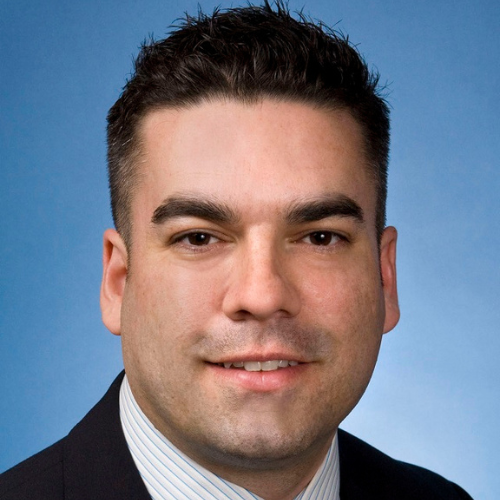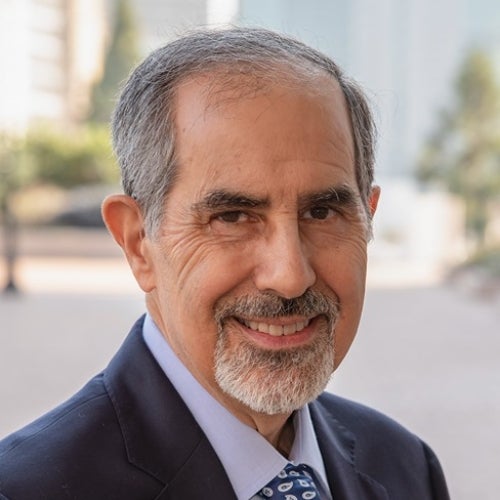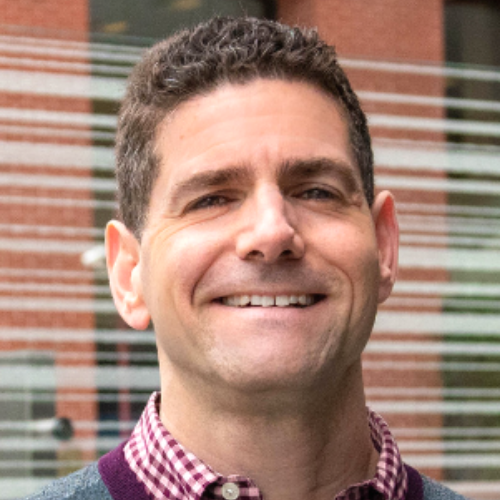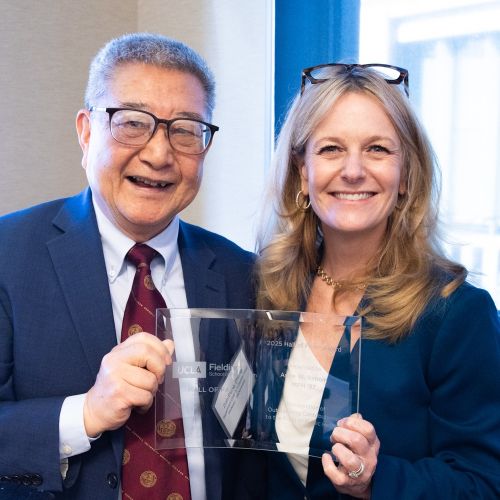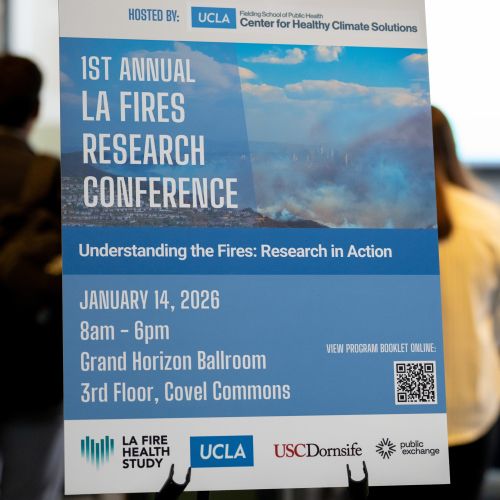The US must invest in fighting foodborne illness
Distinguished professor Dr. Jonathan Fielding discusses causes of foodborne illnesses, and the need to eradicate this public health threat.
Looking back at the news of 2018, a story broke every few days on foodborne illness. A recent outbreak, tied to E-coli-tainted romaine lettuce, sickened 59 people in 15 states. This followed several outbreaks tied to romaine and recalls of salmonella-tainted ground beef — the latestof five million pounds on Dec. 4, which totaled tens of millions of pounds of food.
In a nation with our resources, this simply shouldn’t be happening, yet outbreaks occur with increasing frequency. What causes them, and why is it so difficult to contain this persistent public-health threat?
Faculty Referenced by this Article
Nationally recognized health services researcher and sociomedical scientist with 25+ years' experience in effectiveness and implementation research.

Professor of Community Health Sciences & Health Policy and Management, and Associate Dean for Research

Dr. Michelle S. Keller is a health services researcher whose research focuses on the use and prescribing of high-risk medications.

Dr. Ron Andersen is the Wasserman Professor Emeritus in the UCLA Departments of Health Policy and Management.

EMPH Academic Program Director with expertise in healthcare marketing, finance, and reproductive health policy, teaching in the EMPH, MPH, MHA program


















